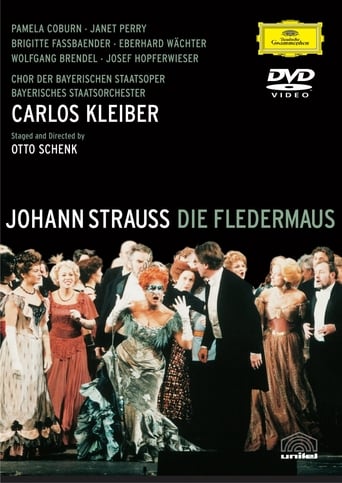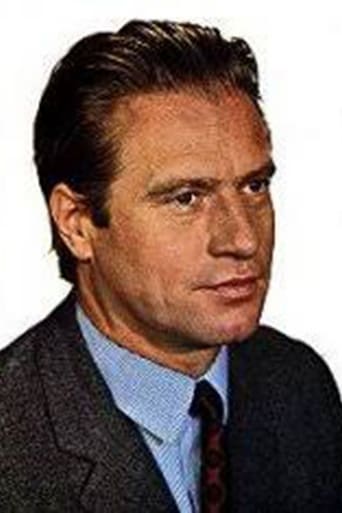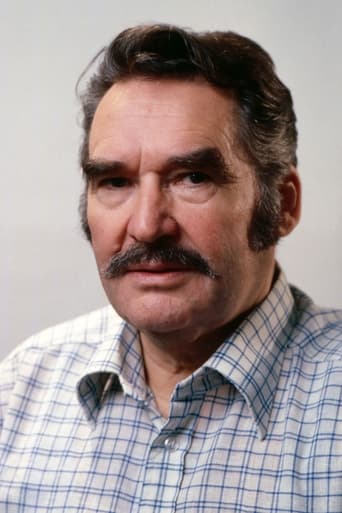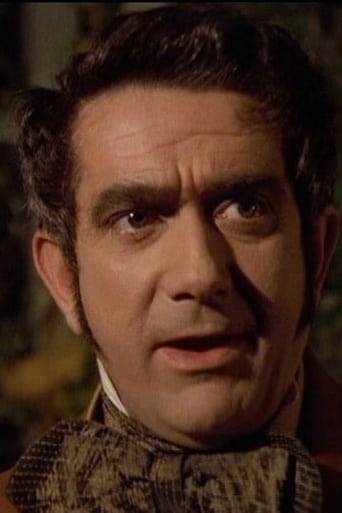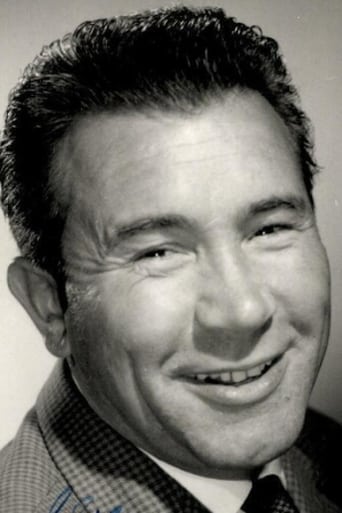Performances from Pamela Coburn, Brigitte Fassbaender, Janet Perry, Eberhard Wachter, the Choir und Ballet der Bayerischen Staatsoper, and the Bayerisches Staatsorchester. Rosalinde, wife of Eisenstein, is having an affair with Alfred. Eisenstein is due to begin a prison sentence the next morning, and the prison governor, Frank, is expected to collect him at any moment. However, Eisenstein allows himself to be talked into attending a fancy dress ball by Dr Falke, and when Frank arrives to find Alfred with Rosalinde, he assumes him to be Eisenstein and carts him off to prison.


Similar titles
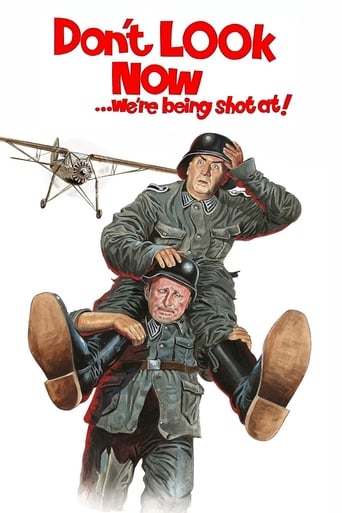
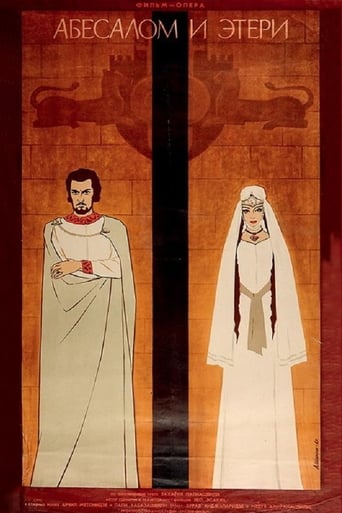
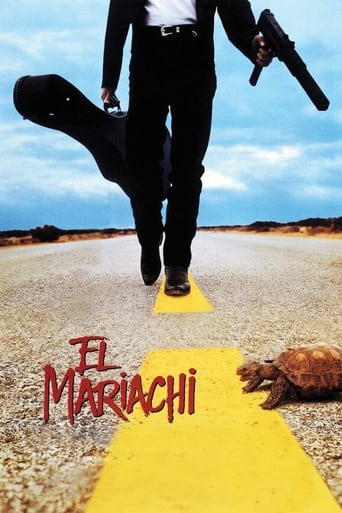
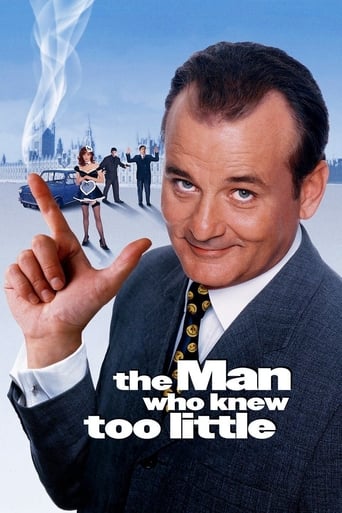

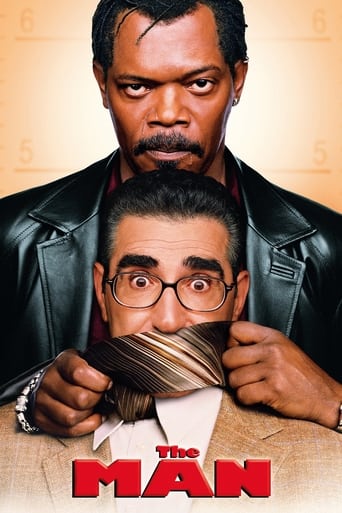
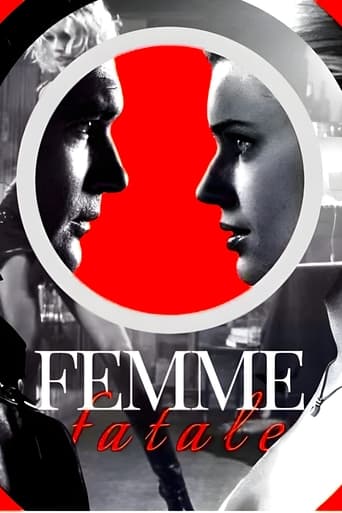
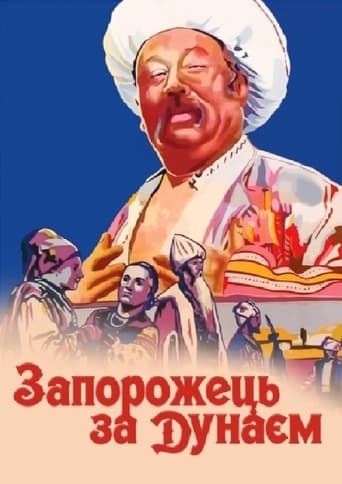
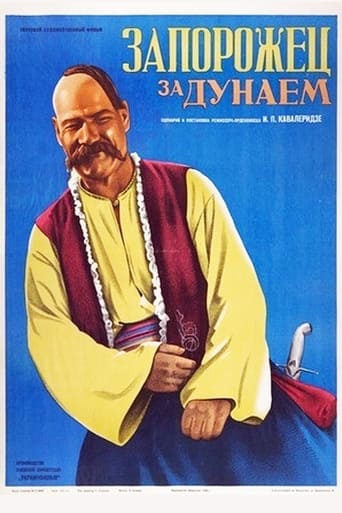
Reviews
I love Die Fledermaus, it has hilarious witty dialogue, memorable characters, a fun story and above all sparkling music especially the overture, the Champagne chorus and the Hungarian aria. I have loved many productions, I will always have a fondness for the 1984 and 1990 productions, but as well as the one from 1972 this Die Fledermaus is the most delightful and authentic. It features exquisite costume and set design, sumptuous video directing, superb dancing and chorus singing, wonderful stage direction and elegant conducting from Carlos Kleiber. The orchestra are also superb while the dialogue still sparkles and delivered thick and fast. The cast are uniformly great, Brigitte Fassbaender and Wolfgang Brendel are excellent, while I loved even more so the performances of Rosalinde, Eisenstein and Frosch. In conclusion, just a delightful production. 10/10 Bethany Cox
Because of an earlier comment that this is the best Fledermaus available on DVD, I cast my vote as no. The 1972 version with Wachter as a younger Eisenstein is much superior. To begin with, the 1972 version is less stagy. One actually gets the feel that it was filmed in natural surroundings. The loud applause in the 1986 version is jarring, offensive plus there is too much footage of the conductor waving his hands while interesting action is occurring on the stage. I feel the cast is overall stronger in the 1972 version. The 1986 Adele seems to lose control of her high notes in the Laughing Song. Wachter is much livelier, more buoyant in 1972; he is grimmer and "dangerous" in 1986. Otto Schenk (1972) is the irreplaceable Frosch. Rosalinde is the only member of the 1986 cast I thought superior to the comparable 1972 actor, although Kiri Te Kanawa is my all time favorite Rosalinde.
This 1986 Production (though not first released until '87 in Germany), is a gem. If you only have the chance to view one Germanic Operetta. make it this production. DIE FLEDERMAUS is one of the most (over) produced opera videos. Just look at the list here! And many, if not most are star vehicles for aging very non-Germanic opera superstars, who don't master the German Operetta genre (this is their first and last, usually). These productions mostly become parodies of FLEDERMAUS. The leads have to make fun of their horrible German accents, and other contradictions. Some productions are even in English, where all the humour loses sense!Thankfully, this production comes from this opera's "backyard." Since DIE FLEDERMAUS defines the glory days of Vienna and Central Europe, it was high time a production from the area appeared. One with local accents, total command of the German language and humour, and expertise in the genre.Well, it appeared. And I've owned it since POLYGRAM launched it in New York in 1988. What a feast! Seeing the audience enter the opulent Bayerische Staatsoper, which was an actual Royal Opera in DIE FLEDERMAUS' days, sets the right climate. then enters the elegant Carlos Kleiber, to conduct the world-class Bavarian State Orchestra.After the unforgettable overture (one of Johann Strauss most-loved compositions), Otto Schenk's meticulous stage production is on view. With the sets by respected designer Gunther Schneider-Siemssen, in the background, we get one talented singer after another: Eberhard Wachter, Benno Kusche, Brigitte Faessbaender,..... All looking the part, as well as performing it to to perfection. The choreography of the Bavarian State Ballet and Chorus add more highlights....I could go on and on.Buy it, if you like operetta. No better operetta video/DVD has been released since then.
